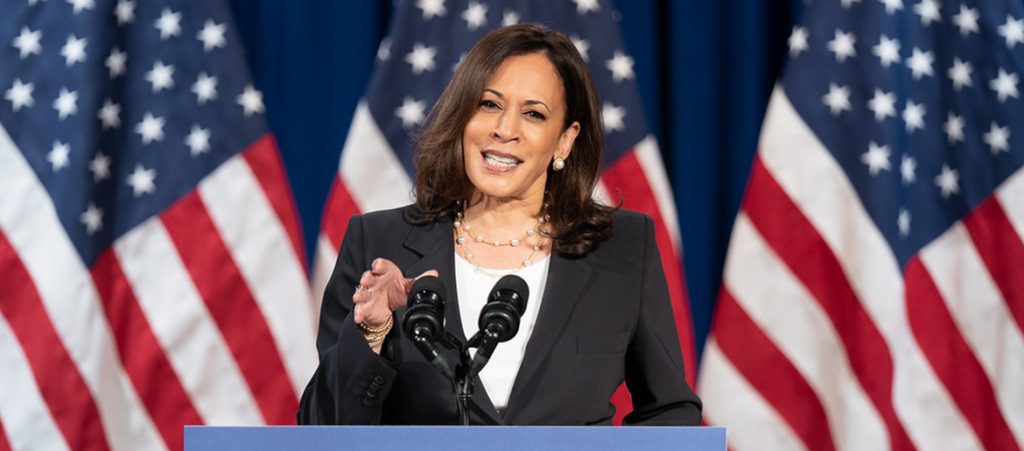After five excruciatingly long days, the 2020 US election to finally be called for President-elect Joe Biden. The outcome will impact Australia, the Asia-Pacific region, and the world. And although trying to understand the country’s complicated voting system nearly drove us mad, young Australians can still learn lessons from the US election.
Sure, we are unlikely to see such a starkly divisive election in Australia anytime soon (thanks to our preferential voting system and compulsory voting!) But differences aside, these are the three lessons we can learn from the US election.
1. The Silent Majority Isn’t Conservative… It’s Silent
Donald Trump’s 2016 shock win over Hillary Clinton was credited to a ‘silent majority’ or ‘shy Trump voters’ – people who didn’t say they were voting for Trump, but did anyway. It’s one reason the 2016 polls were so utterly wrong. And many expected the silent, conservative majority to decide the 2020 election too.
But that didn’t quite happen: More people voted than ever before, but we didn’t see a new wave of Trump support. Maybe the silent majority isn’t conservative by default?
A better explanation is that they are simply silent. They are not vocal about their political views, and so we can’t assume what they think. In 2020, while some of them voted for Trump, arguably more voted for Biden. Instead of being treated as a single conservative group, the silent majority should be considered a mystery that only reveals itself on election day.
Why has ‘silent’ become synonymous with ‘conservative’? The term traces back to former US President Richard Nixon. He famously used it to call upon conservative Americans who did not agree with the social change of the 60s and 70s, in contrast to ‘noisy’ anti-war and feminist protestors. It’s been used widely ever since, with Scott Morrison coining the similar phrase ‘quiet Australians’ in his 2019 victory speech.
If anything, Trump supporters dispel the myth that conservative voters are quiet – his base are loud. This election was more likely decided by the ‘exhausted’ silent Americans instead.
The Lesson: The 2020 US election results are a reminder that a silent voter is not always a conservative voter. They are silent; we don’t know what they think until they tell us – until they vote.
Related Posts
2. Individual Action Is Still Powerful
Georgia, one of the key states in the election, voted for a Democratic President for the first time since 1992. Biden won this state by a very slim margin of 0.2% over Donald Trump – less than 10,000 votes.
Biden has one woman to thank for the critical state win: Stacey Abrams. She was responsible for registering 800,000 new voters in the lead up to the election. Almost half of those new voters are people of colour, and 45% under 30, two groups most likely to vote for the Democrats.
You could almost say Abrams won Biden the Presidency, delivering one of the biggest lessons from the US election.
The Lesson: Abrams proves the power of individual action. Driven by the controversial loss of her 2018 campaign for Governor, she created the Fair Fight organisation. Fair Fight protects voter rights and registrations – work that ultimately flipped Georgia for Joe Biden.
One woman sparked all of that. Whether it’s rallying community groups or having open, one-on-one conversations, we all have power to create change.
3. Patience, Patience, Patience
The 2020 US Election reinforced the importance of patience in more ways than one.
First, the obvious: it took five long days for the vote count to finally reach the winning 270-mark. While it’s not the longest vote count in history (Al Gore vs George W Bush took 36 days), it still felt like an age. Biden himself urged patience, telling the country (and the world, watching): “We have to be patient, we have to wait until every vote is counted.”
Then, there is Biden’s long journey to the Presidency. He became a Senator in 1973, and competed to be the Democrat’s Presidential Candidate three times. Ultimately, he took 50 years to achieve his goal, in the face of great tragedies and setbacks. Regardless of the privilege that’s helped get him there, Biden’s story is a case study in patience and dedication.
And lastly, this election was a reminder that progress requires patience. Change takes time. It took 231 years of US Federal Government for Kamala Harris to deliver so many ‘firsts’: The first woman, first Black woman, the first South Asian Vice President.
The Lesson: Change and the success of progressive ideas never happens quickly. Hard work and passion alone are not enough – it’s less glamorous, but dedication and patience are key. The Biden-Harris campaign was criticised for not being progressive enough for more radical Democrats like Bernie Sanders and Alexandria Ocasio-Cortez. That type of criticism is helpful, so long as it comes with the acknowledgement for how far we’ve already come.
Main image: “Senator Harris Delivers Rebuttal to the Republican National Convention and Highlights President Trump’s Failures on COVID-19 – Washington, DC – August 27, 2020” by Biden For President is licensed under CC BY-NC-SA 2.0
Did you find this article helpful? If you love what we do, please consider supporting us by purchasing a copy of our book How to Win Every Argument. Prices from $9.99






